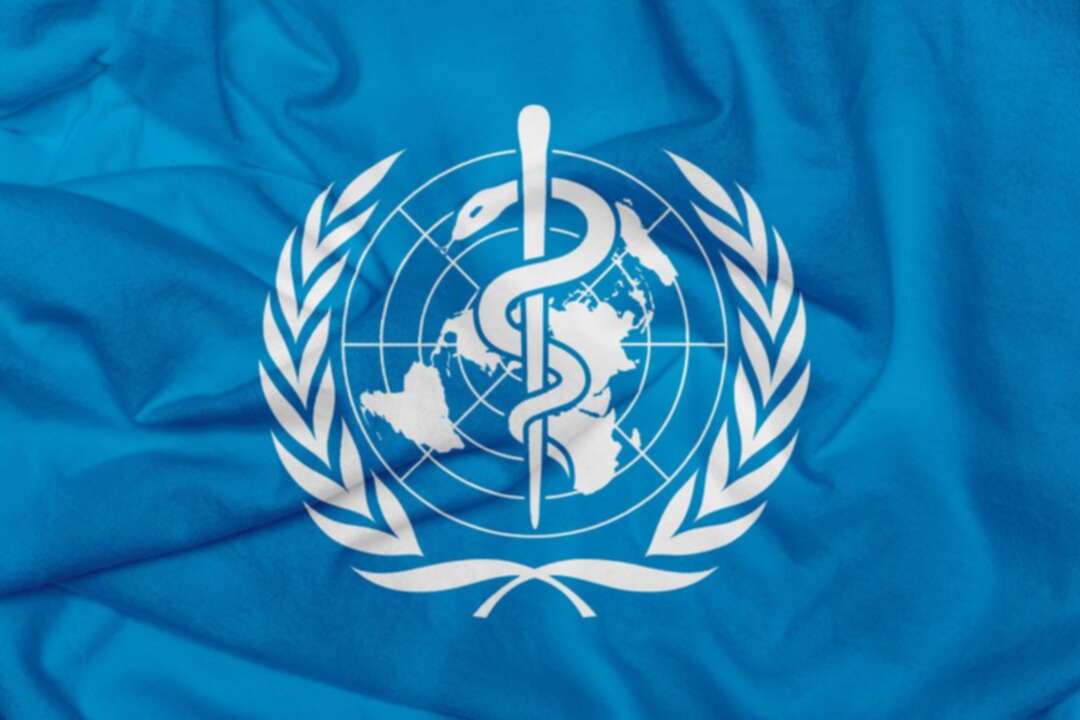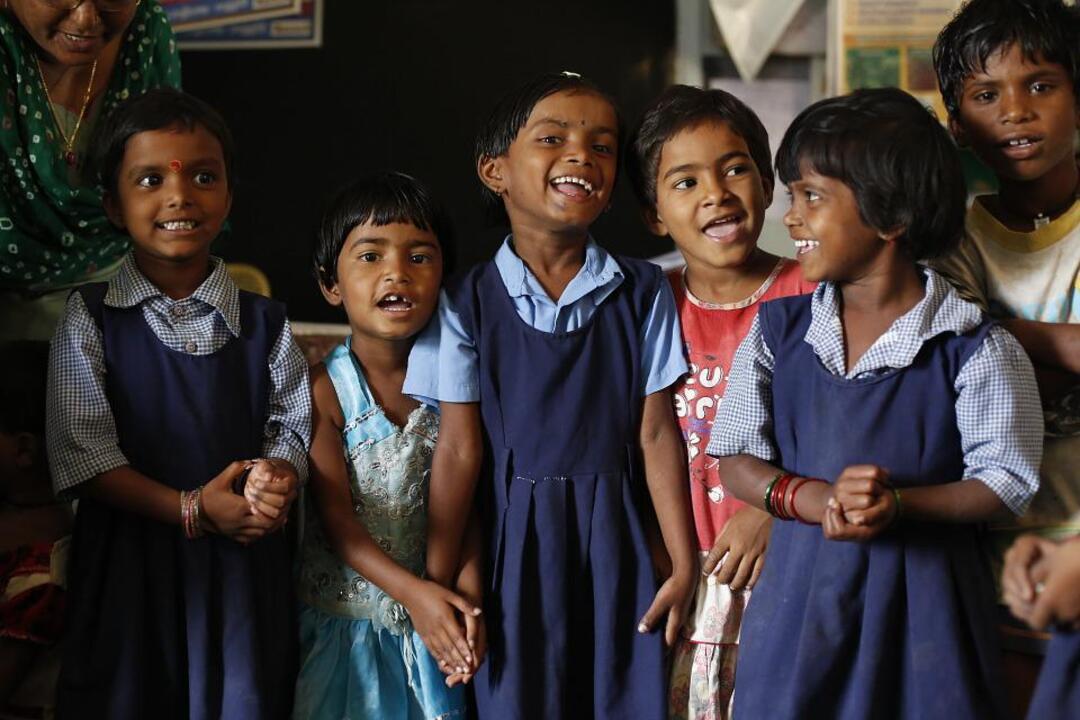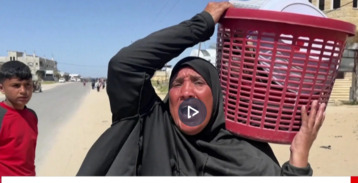-
WHO: Nearly 1 million deaths each year from lead poisoning

An estimated 1 million people die from lead poisoning annually and millions more, many of them children, are exposed to low levels of lead, causing lifelong health problems, the World Health Organization said on Monday (Oct 24).
The health effects from lead poisoning include anemia, hypertension, immunotoxicity, and toxicity to the reproductive organs, the WHO said in a statement, marking the 10th International Lead Poisoning Prevention Week (ILPPW).
WHO said the neurological and behavioral effects of lead could be “irreversible.”
“Lead exposure is especially dangerous to children’s developing brains and can result in reduced intelligence quotient (IQ), attention span, impaired learning ability, and increased risk of behavioral problems,” said Dr. Maria Nera, head of the WHO’s environment, climate change and health section.
“This preventable harm to children’s brains leads to a tragic loss of potential,” Nera added.

“Say no to lead poisoning” is the 10th International Lead Poisoning Prevention Week theme to raise awareness about lead poisoning and encourage all countries to take action to prevent lead exposure, particularly in children.
Lead is toxic to multiple body systems, including the central nervous system and brain, the reproductive system, kidneys, the cardiovascular system, the blood system, and the immune system.
Lead exposure is estimated to account for 21.7 million years lost to disability and death (disability-adjusted life years) worldwide, due to long-term effects on health, according to WHO.
WHO alert over India-made cough syrups after deaths in The Gambia
It estimates that 30% of idiopathic intellectual disability, 4.6% of cardiovascular disease, and 3% of chronic kidney diseases can be attributed to exposure to lead.
There is no safe level of exposure to lead, which harms health, particularly children’s health.
According to UNICEF estimates, one in three children – up to 800 million globally – have excessive blood lead levels.
WHO: Cholera outbreaks surging worldwide, fatality rates rising
There are many sources of lead exposure in industrial settings like mining and smelting, recycling of electronic waste and lead-acid batteries, plumbing, and ammunition.
They exist in settings that could expose children and adolescents, particularly in developing economies.
Exposure can also occur in non-industrial settings, as lead paint can be found in homes, schools, hospitals, and playgrounds.
levantews-aa
Tags
You May Also Like
Popular Posts
Caricature
BENEFIT Sponsors BuildHer...
- April 23, 2025
BENEFIT, the Kingdom’s innovator and leading company in Fintech and electronic financial transactions service, has sponsored the BuildHer CityHack 2025 Hackathon, a two-day event spearheaded by the College of Engineering and Technology at the Royal University for Women (RUW).
Aimed at secondary school students, the event brought together a distinguished group of academic professionals and technology experts to mentor and inspire young participants.
More than 100 high school students from across the Kingdom of Bahrain took part in the hackathon, which featured an intensive programme of training workshops and hands-on sessions. These activities were tailored to enhance participants’ critical thinking, collaborative problem-solving, and team-building capabilities, while also encouraging the development of practical and sustainable solutions to contemporary challenges using modern technological tools.
BENEFIT’s Chief Executive Mr. Abdulwahed AlJanahi, commented: “Our support for this educational hackathon reflects our long-term strategic vision to nurture the talents of emerging national youth and empower the next generation of accomplished female leaders in technology. By fostering creativity and innovation, we aim to contribute meaningfully to Bahrain’s comprehensive development goals and align with the aspirations outlined in the Kingdom’s Vision 2030—an ambition in which BENEFIT plays a central role.”
Professor Riyadh Yousif Hamzah, President of the Royal University for Women, commented: “This initiative reflects our commitment to advancing women in STEM fields. We're cultivating a generation of creative, solution-driven female leaders who will drive national development. Our partnership with BENEFIT exemplifies the powerful synergy between academia and private sector in supporting educational innovation.”
Hanan Abdulla Hasan, Senior Manager, PR & Communication at BENEFIT, said: “We are honoured to collaborate with RUW in supporting this remarkable technology-focused event. It highlights our commitment to social responsibility, and our ongoing efforts to enhance the digital and innovation capabilities of young Bahraini women and foster their ability to harness technological tools in the service of a smarter, more sustainable future.”
For his part, Dr. Humam ElAgha, Acting Dean of the College of Engineering and Technology at the University, said: “BuildHer CityHack 2025 embodies our hands-on approach to education. By tackling real-world problems through creative thinking and sustainable solutions, we're preparing women to thrive in the knowledge economy – a cornerstone of the University's vision.”
opinion
Report
ads
Newsletter
Subscribe to our mailing list to get the new updates!






















